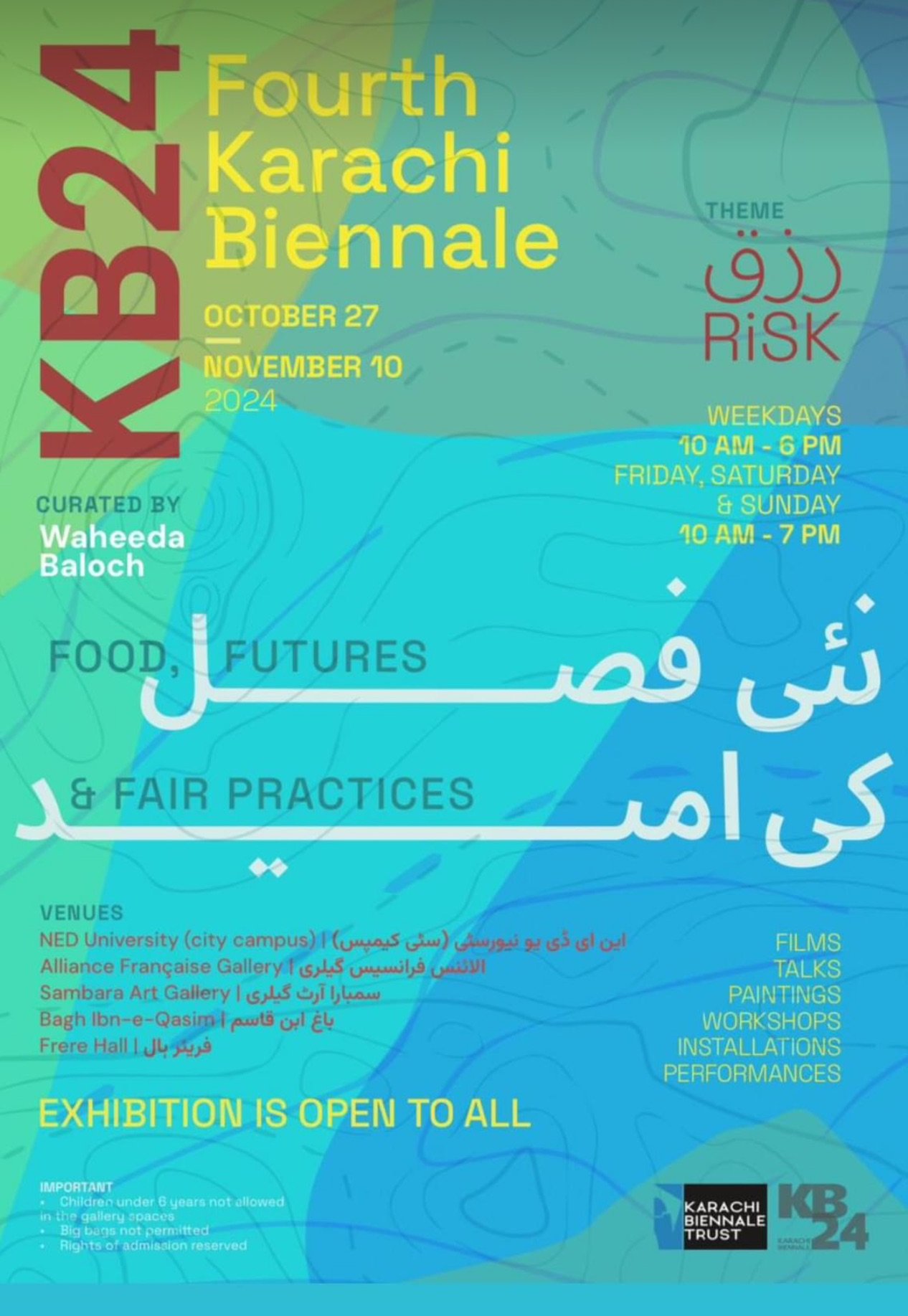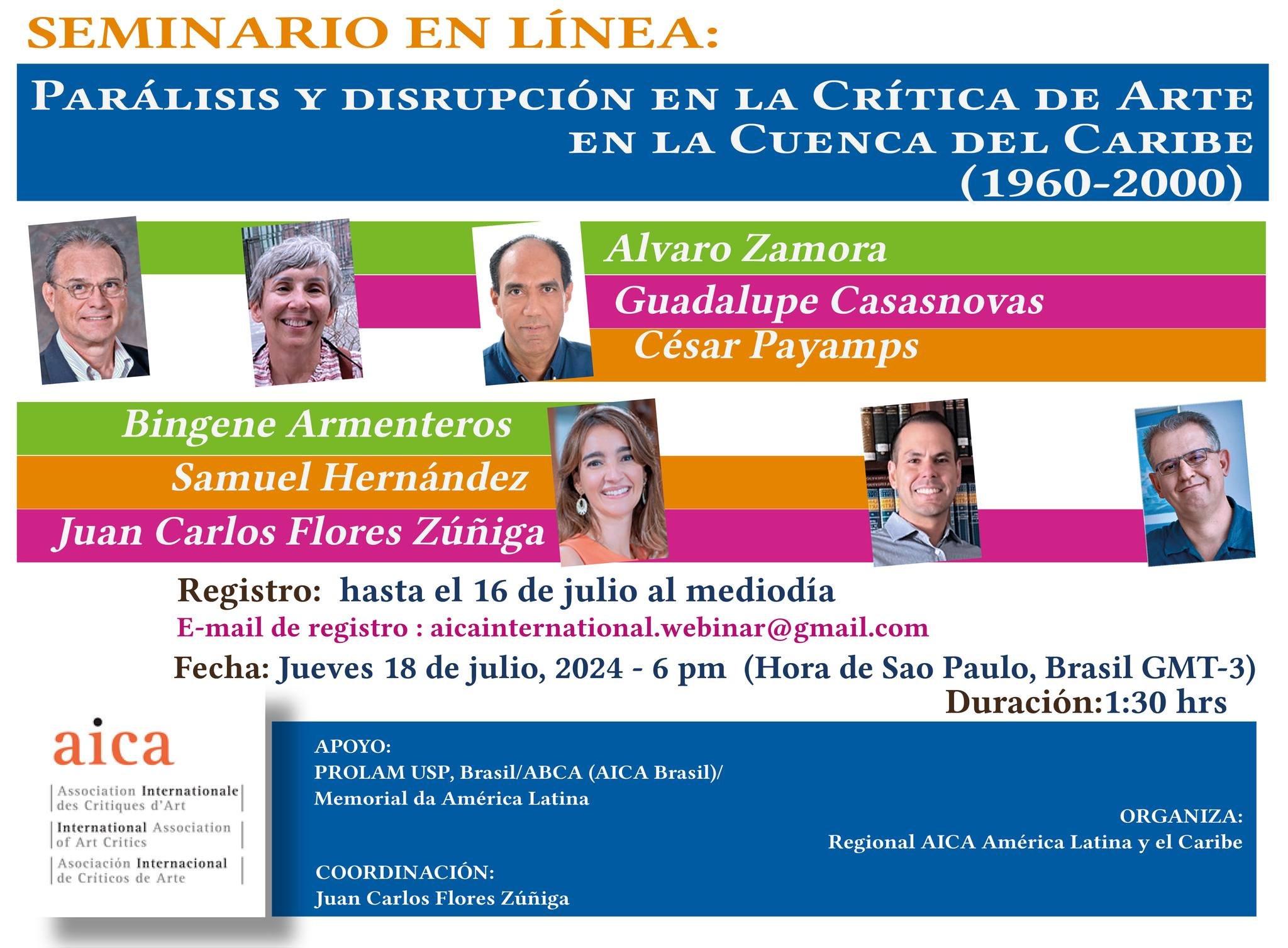On 18 May 1968, a group of art critics gathered on the edge of the Avenue du Président Wilson in Paris with the aim of occupying the Musée National d'Art Moderne. At the head of the crowd, Pierre Restany raised his voice and called for "another bourgeois Bastille to be pulled down: after the Sorbonne, the Musée National d'Art Moderne". The events of the 1960s crystallised a crisis of confidence in the museum and its objects in the Western intellectual world, which had already been felt since the writings of Pierre Bourdieu and Alain Darbel (1966). The reflections of the time on institutional art structures shook both museum institutions and art criticism to the core, reflecting new challenges to traditional notions of the formal autonomy of the work of art.
Despite its centrality, the relationship between art criticism and museums has remained a discreet issue in academic and institutional research in art history and museum studies. Yet the institution of the museum and art criticism have evolved together since their inception, and there are clear links between them. Although defined as an autonomous literary genre by Albert Dresdner (1915), art criticism still exists within a multi-dimensional historical and institutional context. It helps to create the necessary conditions for the legitimisation and valorisation of contemporary artistic creation and maintains close links with the practices of exhibiting, collecting and patrimonialising art - activities traditionally carried out by museums. Conversely, some museum directors, such as Jean Cassou or James Johnson Sweeney, came from the field of art writing and were also involved in the activities of the International Association of Art Critics (AICA) and the International Council of Museums (ICOM). The roles of the museum and art criticism have also been the subject of recurrent ideological disagreements within Western cultural systems, underlining the importance of their mutual relationship.
The aim of this one-day study session is to explore the different ways in which art critics and museums related to each other in the 20th century. By analysing their respective fields, trajectories and circulations, we will seek to shed light on their joint actions, oppositions and interactions. Although the focus of this study is rooted in Western conceptions of the museum and art criticism, we welcome proposals that open up to other geographical areas. To this end, we propose to focus on three thematic axes:
Circulations, crossovers and transfers between art critics and museums
What international or transnational translations are taking place between art critical and institutional networks? What are their dynamics and effects? What role do supranational cultural organizations such as AICA and ICOM play in these exchanges?
What are the implications of transnational circulations between art critics and museums for a possible re-evaluation of the traditional model of 'centre' and 'periphery' in artistic geography?
How have geopolitical tensions (World Wars, Cold War, post-colonial struggles, etc.) affected these relationships?
Social functions of art criticism and the museum
How does art criticism evolve and participate in the transformation of the museum and its cultural action? How does it contribute to the creation of the "forum" or "laboratory" of the museum and its deployment in the public sphere?
Conversely, what role do museum professionals play in the editorial spaces of art criticism?
What narratives do art critics and museums produce as actors in contemporary art historical writing? In what ways are they similar or different?
Forms, practices and challenges of art criticism and museum media
How do the privileged media of the museum (collections, exhibitions, etc.) and art criticism (art magazines, exhibition prefaces and catalogues, etc.) differ or converge?
What forms and practices do they allow? What are the specific effects of the media?
What role do art magazines play in the translation, dissemination and reception of new
museum practices?
Paper proposals should include an abstract of 1500 characters (including spaces), a short bibliography and a 500 characters author biography. Please send them before the deadline of October 23, 2024 to je.critiquemusee@gmail.com. Proposals will be reviewed by the scientific committee, and you will receive a response during the week of November 11.
Scientific Committee
Antje Kramer-Mallordy, lecturer in contemporary art history, Université Rennes 2.
Marie Tchernia-Blanchard, lecturer in contemporary art history, Université Rennes 2, director of the Archives de la critique d'art, (GIS) Université Rennes 2, INHA Paris, Rennes.
Marie Gispert, professor of contemporary art history, Grenoble Alpes University.
Nicolas Heimendinger, PhD in aesthetics and art history from the University of Paris 8, temporary teaching and research associate at the University of Lille, associate member of the Centre d'étude des arts contemporain (CEAC).
Bibliography
BOURDIEU, Pierre et Alain Darbel. L’Amour de l’art : Les musées d’art européens et leur public, Paris : Les éditions de minuits, coll. Le sens commun, 1966.
DESVALLÉES, André et François Mairesse. Concepts clés de muséologie. Paris: Armand Colin, 2010. DRESDNER, Albert. Die Entstehung der Kunstkritik im, München: Bruckmann, 1915. FRANGNE, Pierre-Henry et Jean-Marc Poinsot, éd. L’invention de la critique d’art : actes du colloque international tenu à l’Université Rennes 2 les 24 et 25 juin 1999. Rennes: Presses universitaires de Rennes, 2002, p. 11.
RESTANY, Pierre. “Une autre Bastille à abattre : le musée d’Art moderne”, Combat, samedi 18 et dimanche 19 mai 1968, p. 16
THIS OPEN CALL IS AVAILABLE AS A PDF DOCUMENT IN ENGLISH AND FRENCH

















